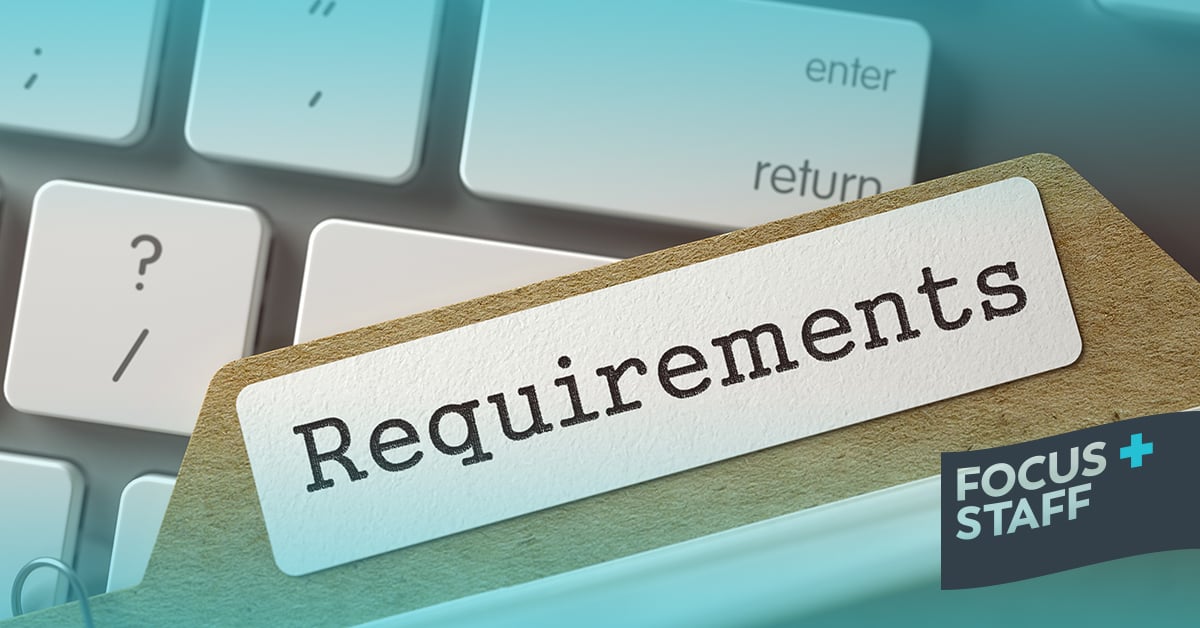In response to the national emergency caused by the COVID-19 pandemic, government agencies have modified the licensure requirements for physicians and other healthcare professionals.
This means that states need to apply directly with the Centers for Medicare & Medicaid Services (CMS) for a licensure waiver, and there will remain processes in place within each state to ensure proper licensure and the safety of the public.
The main takeaway is this is not a “de facto” one-license model that is immediately available, but rather, states that have declared a state of emergency can apply to the CMS for a state licensing waiver.
On January 28, 2021, the Department of Health and Human Services (HHS) announced the fifth amendment to the Public Readiness and Emergency Preparedness (PREP) Act. This authorizes any healthcare provider licensed or certified in a state to prescribe, dispense, or administer COVID-19 vaccines in any other state or U.S. territory.
The amendment also authorizes any physician, registered nurse, or practical nurse whose license or certification expired within the past five years to partake in the immunization effort, but first must complete a CDC Vaccine Training and an on-site observation period by a currently practicing healthcare professional.
This will allow providers with an active license in good standing from any state to service patients in their state and be reimbursed for those services by Medicare and Medicaid, with the primary objective being to increase telehealth capabilities, and the second one being to increase numbers of local, in-person medical personnel.
So far, according to the National Council of State Boards of Nursing and CMS, at least 45 states and territories have submitted to the CMS to waive certain medical provider licensing requirements. However, while the following changes have occurred, each healthcare facility is managing differently what their exact requirements entail. Facilities facing a rapid-response crisis may be implementing these waiver changes, but generally, licensing is required and, in most cases, will be expedited.
What These Licensure Changes Mean for You
If you’re a practicing physician, registered nurse, traveling healthcare worker, or a medical professional currently licensed in one state, given the current conditions dictated by the government’s response to the COVID-19 pandemic, you may have the opportunity to practice within any other state in need of additional medical personnel, as long as that state has applied to the CMS for a licensing waiver.
These changes apply primarily to telehealth initiatives (meaning you’re able to perform remote services from your home state to any other state) but are also extended to in-person support.
For nurses specifically, this means that whether you currently possess a single-state or multi-state (compact) license, you will – for the time being – be fast-tracked through the state licensure process in any state that is included in the “emergency area” (currently the whole United States). This pertains to both telehealth functions as well as travel nursing roles.
For the latest licensure information by state, visit this page.
At Focus Staff, we understand the ins and outs of traveling healthcare professionals and have access to a wide variety of excellent professional opportunities locally or around the country. To learn more, contact us today.




